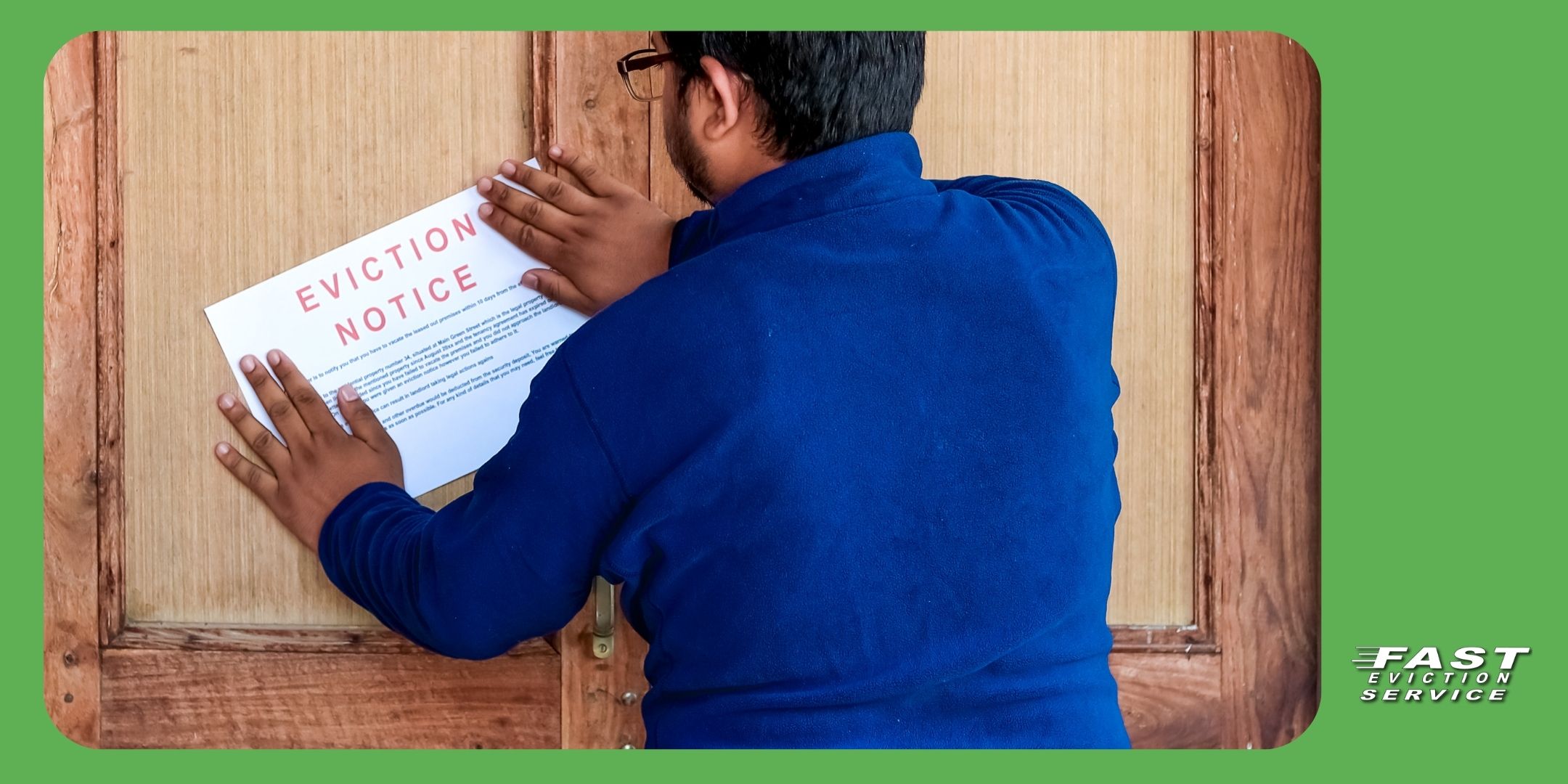Updated 6/28/24
After successfully evicting a bad tenant, landlords are often left in the position of having to collect court ordered judgements against tenants for back rent, damages to the property that exceeded their security deposit, legal costs or for “Hold over damages” when a tenant exceeds the length of stay of the terms of their lease without permission.
Whether the landlord tries to recover these damages on their own or turn it over to an experienced California Court Judgment Collection Agency who will enforce the judgment at no out of pocket expense to the landlord for a percentage of the amount collected, California has some of the strictest debt collection laws in the nation what can and cannot legally be done to collect that debt.

As per the California Fair Debt Collection Practices Act (CFDCPA) neither the debt collector nor the creditor is allowed to use any kind of unfair, deceptive, or abusive methods for collection. The act in no way eliminates the debt amount but only ensures that the collection process is fair for both the parties.
Five of the most important things landlords must know about this act are mentioned below:
Who According to California Law is a Debt Collector?
Under the California Debt Collection Law, even the agencies involved in collecting debts on behalf of their clients are regulated – even if they are not required to be licensed. Types of debt collectors who should comply with this law include
- Any firm or agency involved in collecting consumer debts on a regular basis
- Companies that are involved in making tools and forms for collecting debts
- Attorneys as well as their staff involved in debt collection activities such as California Court Judgment Collection.
Debt Collectors Are Not Required to Have a License in California
As collection agencies were deregulated in the 1980s in California, they do not need to have a license now. Even the federal government has no licensing requirement. The debt collectors are not even required to have a license of local business for starting and continuing their operations.
There are Limitations on How Debt Collectors Can Communicate with Debtors
As per the act, the debt collectors can only say limited things to you and there are also limitations on the methods which they can use for contacting you, especially when they are trying to get in touch with you on the telephone.
- They are not allowed to use profane or obscene language.
- The collector should disclose his/her identification on the telephone.
- They cannot repeatedly call you or annoy you by repeatedly ringing your phone.
- They are not allowed to harass a debtor by frequently calling when you are already busy on phone.
- They cannot misrepresent themselves in any way that would require you to spend money which you might not have spent otherwise, like additional charges on long-distance calls.
4. Debt Collectors Are Required to Protect Privacy of Debtors
The act also has several regulations which focus on protecting privacy of debtors. However, the debt collectors are allowed to send your debt reports to a CRA (Credit Reporting Agency).
- If at all, debt collector contacts your employer, they can only verify that you are actually employed by the employer, ask for your location, know if you have a health insurance and know more about your wages (if the court has already ruled against you).
- Debt collectors can also discuss your debt with your spouse and when you are minor, with your parents. However, they can get in touch with your family for knowing your whereabouts.
- If any collector sends a mail to you, there should only be name and address on the envelope. There should be nothing mentioned about the debt on the envelope.
- They cannot even publish any information about you in any kind of public listing for not paying the debt
What if any Debt Collector Violates the Law?
One of great the benefits a landlord gets assigning the collection of an unlawful detainer court judgment to a collections agency is it shielding the landlord by putting themselves one step removed from the person actually contacting the debtor for collection.
Eviction is a gut-wrenching experience that can leave all parties embittered and feeling animosity being unfairly treated. Landlords who are not experienced with debt collection can easily make very expensive mistakes and leave themselves open to fines and legal actions if the law is not followed to the “T”.
California Court Judgment Collection Agencies on the other hand are experienced at recovering money awards and don’t make beginner mistakes that can further aggravate an already tense situation and reduce the chances of eventual success recovering the judgment.
Violations of the California Fair Debt Collections law are expensive – which can include actual damages in addition to a $1,000 fine per “proceeding”.
If any debt collector violates the CFDCPA Act, they can do a number of things, like:
- File complaint with an Attorney General in California- While the Inquiry Unit of Attorney General will not sue the collector, it can get in touch with them and send them copy of the complaint filed by you.
- Sue them- As debt collectors are not licensed in California and nothing much is done when a collector violates the act. However, you have the right to sue them in court.
- Contact FTC- It is the FTC (Federal Trade Commission) that is responsible for enforcing this act. You can contact them through their official website.
If you are a landlord trying to collect a court ordered judgment, running afoul of any of this law’s guidelines can leave you open to more legal problems from bad tenants that in most cases you would probably prefer never to have anything more to do with.
By assigning collection to a California Court Judgment Collection Agency, (link target: /collections/) you can rest assured that you will not be the person the debtor will be able to twist your words and allege you are using any of these unfair practices to collect an eviction money judgment.




